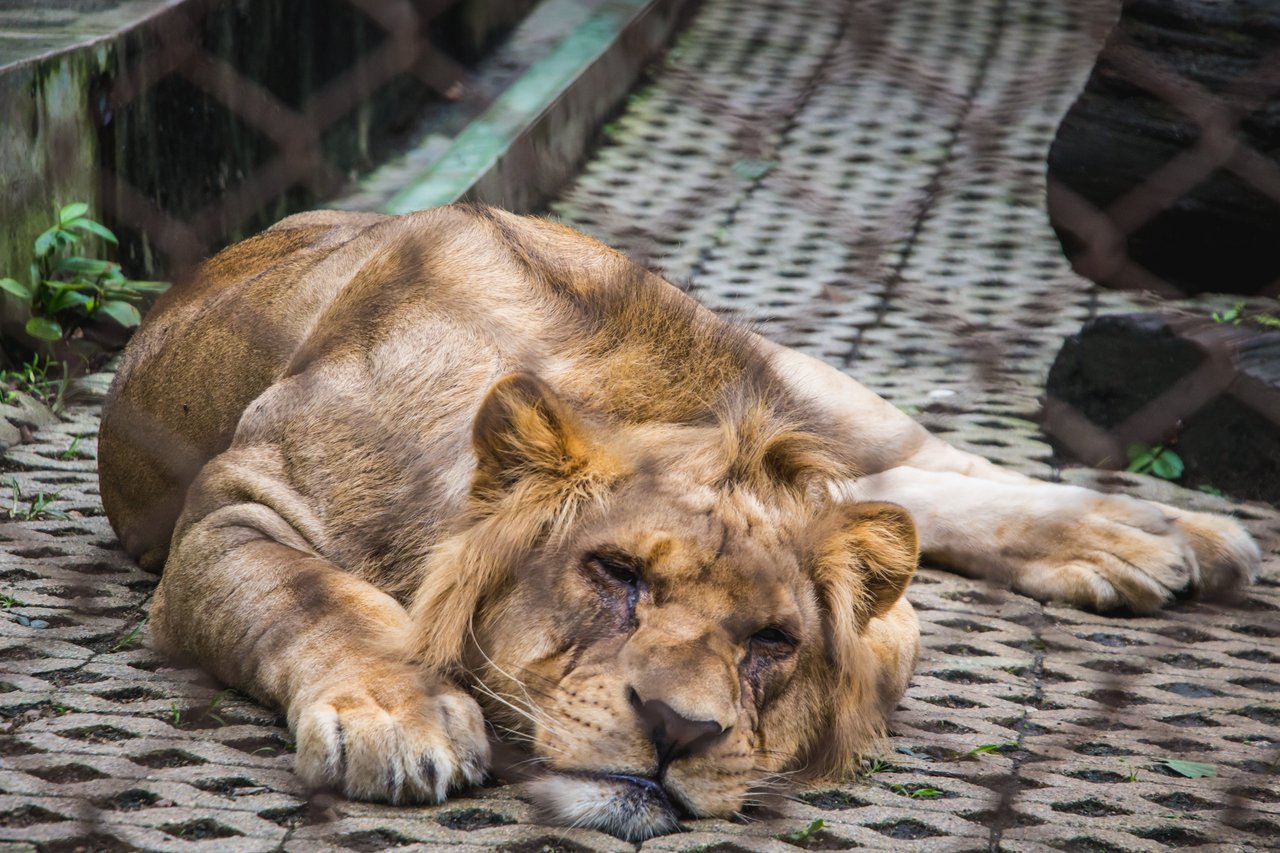Every wild animal was born to be free, to roam, hunt, fly, and thrive in their natural habitat. But across the globe, millions of wild animals are being captured, bred, and sold into lives of confinement, cruelty, and commercial exploitation.
From elephants in chains for tourist rides, to lions raised in enclosures for petting and canned hunting, to parrots and reptiles trafficked for the exotic pet trade, the wildlife trade has become one of the most silent, normalized forms of cruelty in our time.
This has to stop.
The Exploitation You Don’t See
Wildlife exploitation takes many forms, some illegal, others legal but still devastating to animals and ecosystems. Here's what it looks like:
- Captive breeding and wildlife farms: Wild animals bred in cages for profit, not conservation.
- The exotic pet trade: Parrots, reptiles, monkeys and more trafficked into homes around the world.
- Tourism and entertainment: Elephants forced to give rides. Big cats used as selfie props. Dolphins confined in marine parks.
- Wildlife as luxury products: Crocodiles farmed for skins. Lions raised for bone trade. Pangolins poached for meat or medicine.
In all these cases, animals are reduced to objects, deprived of their natural lives, and subjected to conditions that cause immense physical and emotional suffering.
Why This Matters
This is not just about animal cruelty. Wildlife exploitation:
- Accelerates species extinction: Many animals targeted in trade are endangered or critically endangered.
- Undermines conservation: Farming or commercializing wildlife sends the wrong message, that animals exist to serve human profit.
- Spreads disease: Stressful, unhygienic captive conditions create ideal environments for zoonotic disease transmission.
- Destroys ecosystems: Removing animals from the wild disrupts entire ecological chains.
And most people don’t know it's happening, or how connected we are to the problem.
What We’re Fighting For
We’re campaigning to end the exploitation of wild animals, in trade, tourism, entertainment, and captivity.
Our vision is a world where wildlife is treated with dignity, protected in the wild, and no longer commodified.
We are calling on:
- Governments to ban commercial wildlife farming and close legal loopholes in wildlife trade laws
- Tourism operators and platforms to stop promoting animal encounters and shows
- Social media companies to take stronger action against content promoting wildlife cruelty
- Consumers to say no to wildlife as pets, props, or products
The Time to Act Is Now
Every year, millions of wild animals are trapped in this cruel cycle, unless we change the system.
Change starts with awareness. It starts with you.
Sign the Petition
By signing, you’re calling on governments, companies, and communities to:
✅ End wildlife farming and captive breeding
✅ Strengthen and enforce animal welfare laws
✅ Invest in real, ethical conservation
✅ Keep wild animals where they belong, in the wild
Sign Now to demand an end to wildlife exploitation.
Frequently Asked Questions
- What is wildlife exploitation?
It’s the use of wild animals for human profit — whether in farming, tourism, trade, or entertainment — in ways that violate their welfare and natural rights. - Is wildlife farming legal?
In many places, yes. Wildlife farming exists under legal permits, even though it causes immense suffering and opens doors for illegal trade. - Why can’t animals in farms or zoos be considered conservation?
Conservation focuses on protecting animals in their natural habitats. Breeding animals in cages for commercial purposes does not protect wild populations — it often worsens the threat. - What can I do as an individual?
Never buy wild animals as pets, avoid attractions that feature captive wildlife, and share facts to raise awareness. Most importantly, sign and share our petition. - What makes this campaign different?
We focus on ending the system, not just rescuing animals. Our approach is policy-driven, science-backed, and grounded in animal welfare and environmental justice.
Wild animals don’t belong in cages, tanks, or tourist attractions. They belong in the wild.
Together, we can end wildlife exploitation, for good.
